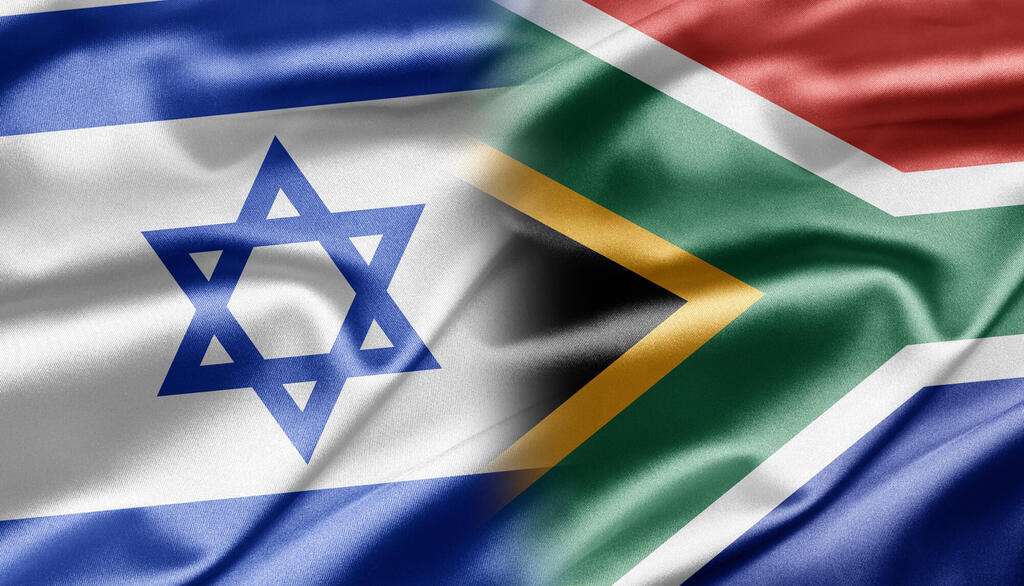
Image Courtesy – European Inst. for Int. Law
While the wheels of global justice often turn slowly, interim justice operates at a slightly swifter pace. Over the past decade, there has been a noticeable uptick in interim measures at the ICJ, with 11 instances compared to the previous 50 years of the court’s existence. The inaugural hearing for case between South Africa and Israel is scheduled for today and tomorrow. Subsequently, the court is expected to issue a provisional ruling within weeks.
Interim measures serve the dual purpose of temporarily halting the ongoing dispute between the involved parties, both for immediate resolution and to safeguard the integrity of a future final judgment. In this instance, the objective is to curtail military action in Gaza. Despite the ICJ’s considerable authority on the international stage and its affirmation that such measures are legally binding on the concerned parties, it is noteworthy that compliance has only been achieved in 50% of cases.
Instances of non-compliance, such as in the cases of Ukraine v Russia, Gambia v Myanmar, and US v Iran, highlight situations where the losing party chose to disregard the court’s ruling.
What’s going to happen at the ICJ?
The case in general will take a few years, but South Africa has asked for interim relief from the court, which aims to halt the attacks by Israel at least temporarily. This decision can be expected in a few weeks.
However, the ICJ has no power to enforce.
The ICJ consists of 15 judges, each appointed for nine-year terms through concurrent elections at the United Nations General Assembly (UNGA) and the UN Security Council.
While any country is eligible to propose candidates, a key stipulation ensures that no two judges can hail from the same country. The current bench reflects a global composition, featuring judges from diverse regions, including France, Slovakia, Somalia, and India.
In the selection of the president and vice president, the judges engage in a confidential ballot. Presently, President Joan E Donoghue from the United States leads the ICJ, assisted by Vice President Kirill Gevorgian from Russia. Both officials are set to conclude their terms in February.
A convention established in 1948, following the Holocaust, criminalized genocide under international law and granted the ICJ the authority to determine whether states have committed such acts. Although the court’s rulings carry legal weight, enforcement can be challenging, and compliance is not guaranteed. Notably, Russia disregarded a 2022 order to cease its war against Ukraine.
It’s essential to differentiate the ICJ from the International Criminal Court (ICC), a more recent institution that prosecutes individuals for violations of international laws, including war crimes and genocide. Neither Israel nor the United States recognizes the ICC’s jurisdiction.
In an 84-page filing, South Africa accuses Israel of intending to “destroy Palestinians in Gaza as a part of the broader Palestinian national, racial, and ethnical group.” Additionally, South Africa alleges that Israel hinders Palestinian births by displacing pregnant individuals, denying them access to essential resources, and causing harm that may lead to fatalities.
For South Africa’s case to succeed, it must demonstrate that Israel’s objective goes beyond targeting Hamas and aims to annihilate Palestinians “as such” in Gaza. The country cites Israeli leaders’ statements advocating mass expulsions from Gaza or denying the innocence of anyone residing there.
What does the ruling mean for foreign relations?
The ongoing case at the International Court of Justice (ICJ) between Israel and South Africa carries the potential to significantly shape the landscape of future foreign relations. The nature and outcome of this ruling may have far-reaching consequences, influencing international opinions, alliances, and the approach of nations to conflict resolution.
A pivotal aspect of the ICJ’s ruling lies in its potential to establish a legal precedent for similar cases in the future. The verdict may serve as a reference point for nations involved in conflicts, affecting their foreign policy decisions and behaviors on the global stage.
Depending on the judgment rendered by the ICJ, the case could mold international opinions about Israel and South Africa. This, in turn, may impact how other nations engage with these countries, potentially leading to shifts in diplomatic relations.
The outcome of the case might influence existing alliances and partnerships. Should the ruling align with the positions of specific countries or alliances, it could either strengthen or strain diplomatic ties between nations involved in the case.
The ICJ’s decision could serve as a deterrent or encouragement for nations engaging in similar actions. A strong condemnation might discourage certain behaviors, while a lenient ruling could embolden other nations facing analogous circumstances.
If the case involves allegations of human rights violations, the ICJ ruling may have broader implications for how the international community addresses such issues. It could play a role in shaping global norms and standards regarding human rights practices.
The ICJ process itself may influence nations’ tendencies to resolve disputes through legal channels. A successful resolution could set a positive example for peaceful dispute resolution, while a contentious process might discourage such approaches in the future.
In conclusion, the ICJ ruling between Israel and South Africa holds the potential to resonate across various aspects of international relations. Its impact on diplomatic ties, alliances, perceptions, and the future approach to conflict resolution will depend on the specific outcomes and the reactions of the involved parties. The international community will keenly observe the verdict as it unfolds, recognizing its potential to shape the dynamics of global interactions in the years to come.





